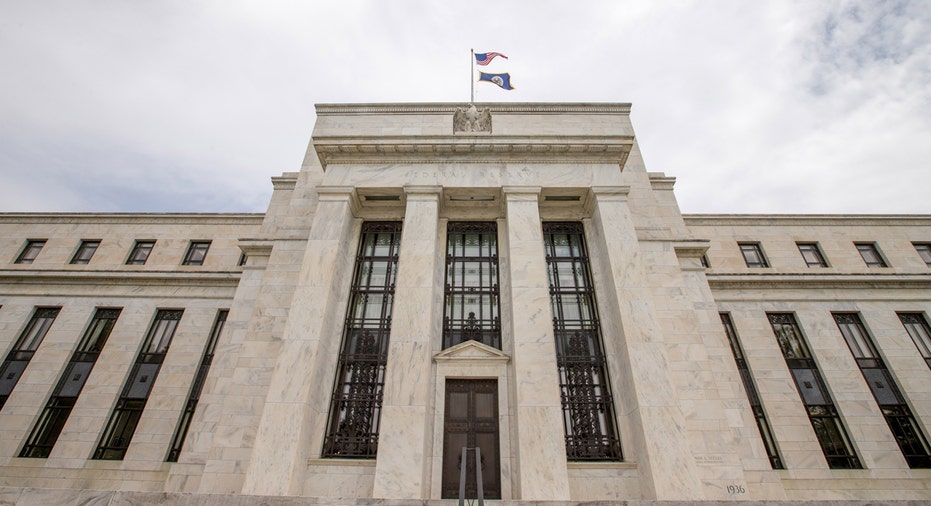Fed's Tarullo: This Economy Is Not Running Hot

Federal Reserve governor Daniel Tarullo said Wednesday it would be better for the Fed to wait for firmer evidence of rising inflation as it contemplates when to raise short-term interest rates again.
Mr. Tarullo, speaking at a Wall Street Journal/WSJ Pro event in Washington, said he wants to be "more convinced" underlying inflation is near the Fed's 2% target, and noted that a recent uptick in inflation appears to be due to the waning effects of low energy prices. He also noted the Fed's dual mandate requires it to pursue "maximum employment, consistent with price stability."
The right level of interest rates depends on a broad set of factors affecting the economy, he said, adding that he doesn't subscribe to the notion the Fed must "normalize" interest rates.
"This is not an economy that is running hot," he said.
Were the economy to pick up rapidly, the Fed would have the tools to respond appropriately, he said. But if the economy deteriorates, the Fed would be limited in its ability to respond. That argues for a slow approach to raising rates, he said.
Mr. Tarullo also said the global financial system was "reasonably well prepared" for the U.K.'s decision to exit the European Union. He said Fed officials are still waiting to see how the macroeconomic effects of the so-called Brexit vote play out in the U.S., adding that so far, the U.S. response has gone how most officials expected.
Mr. Tarullo also said the very largest U.S. banks may have to continue to make adjustments to their structures or business models in response to rules the Fed is developing.
Coming changes to the Fed's annual stress tests, such as a higher minimum capital requirement for firms to pass the tests, could drive those changes, he said.
"Many financial institutions are still in the process of adapting to the regulatory, business, (and) financial events that they faced," Mr. Tarullo said. "The adaptations will vary with the firm, but each firm needs to make a judgment as to how its business model should evolve given the regulatory requirements, particularly on" capital and liquidity.
"We don't have anything specific in mind," he added, referring to the Fed's plans for the big banks.
Write to Kate Davidson at kate.davidson@wsj.com and Ryan Tracy at ryan.tracy@wsj.com



















